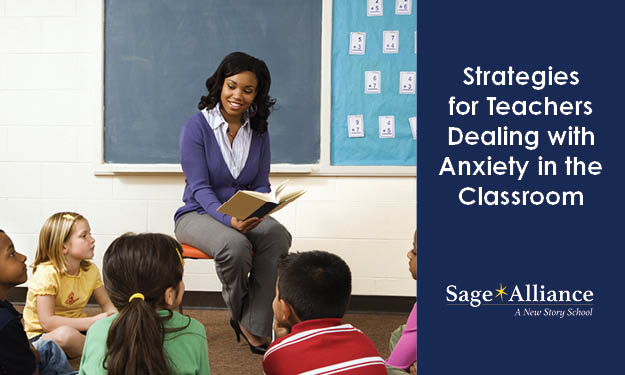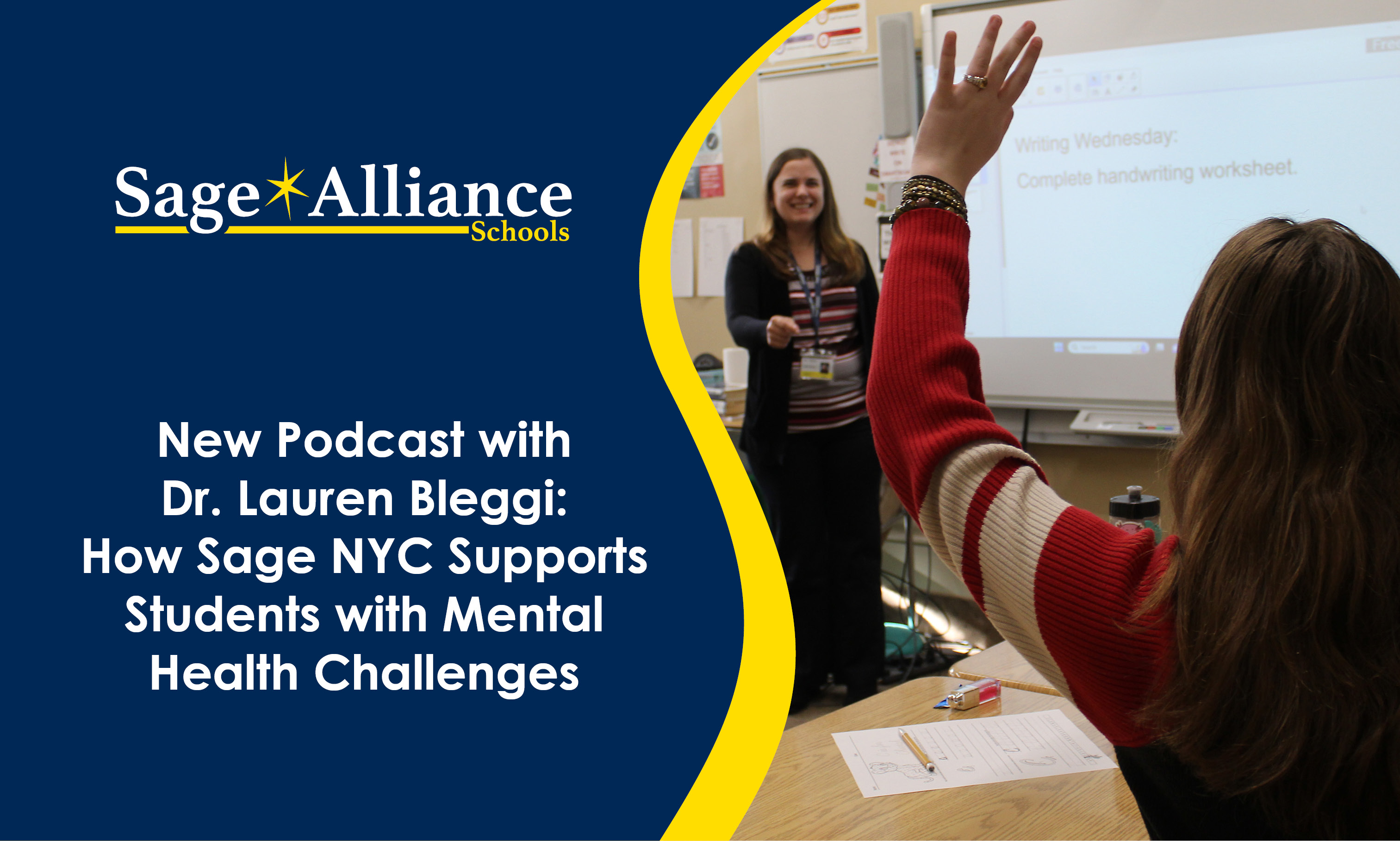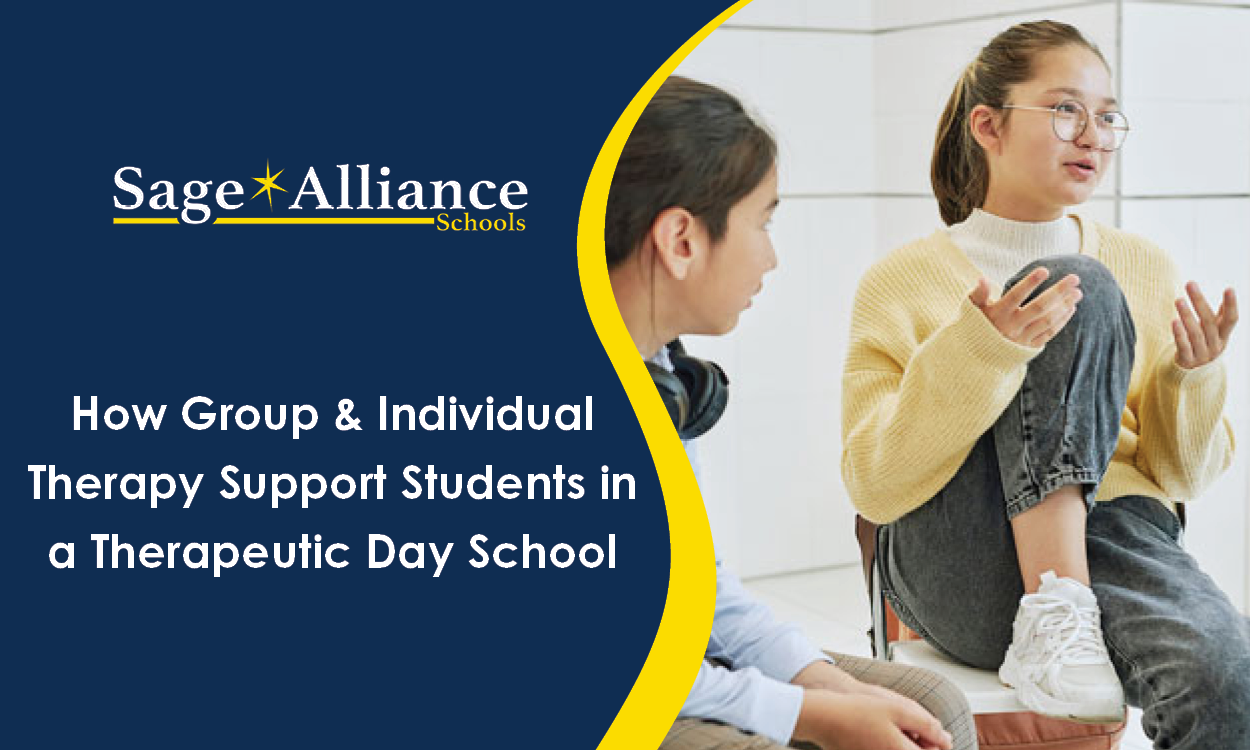6 Signs That a Student Needs a Therapeutic School Placement
Posted: January 03, 2020 | Written By: Justin Gerwick | Category: Therapeutic Education

By Christopher Leonard, MSW, LCSW, M.Ed.
As an authentic therapeutic school, Sage Alliance employs an intensive therapeutic approach, combining individual, group and family therapy with a specialized and differentiated academic program delivered by dual-certified teachers in order to meet the needs of students manifesting signs of personality disruption. Our clinicians and teachers go beyond helping students manage their symptoms to get through the day. We help students get their development back on course to set them up for success in the real world. Here are some typical signs that a student needs a therapeutic school placement.
-
Identity instability – Although all adolescents are working on consolidating identity, students with a highly unstable sense of self can be conflicted about investing energy in anything or anyone. The result is a lack of motivation in school and a lack of engagement in relationships.
-
Unstable relationships – These relationships may be highly conflictual or socially isolated. These students have an inconsistent view of self and others that can lead to overstepping boundaries and/or frequent peer conflict in school and on social media or complete withdrawal and lack of any social involvement.
-
Difficulty with aggression – The aggression may be towards others and/or self (tantrums, outbursts, self-injury, suicidal ideation)
-
Avoidance – school, academic and social avoidance. Students who struggle with avoidance may spend an inordinate amount of time in the nurse’s office or guidance office or may avoid coming to school altogether. Once a student becomes entrenched in staying home from school it can be very difficult to get them back to school.
-
Problematic reactions toward others – These are reactions that are based on misperceptions that feel real. Some students can be oversensitive to others and experience criticism or rejection even when teachers and peers are responding to them benignly.
-
Externalizing blame – Rather take a share of responsibility for their circumstances some students tend to place the problems outside of themselves, either on others or on the school itself.
The behavior patterns described above can be signs of a moderate to severe disruption in development that requires a cohesive therapeutic approach delivered by well trained and supervised experienced clinicians and teachers in an intensive manner – Sage Certified Clinicians™ and Sage Alliance Teachers provide the cohesive and highly specialized therapeutic approach that these students need.
Want to be notified of new articles and resources from Sage Alliance? Click here to submit your email and opt into our newsletter.









